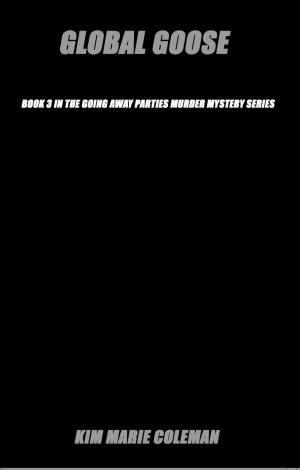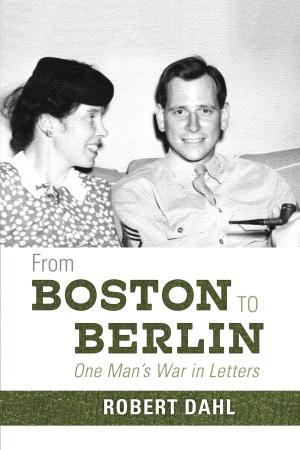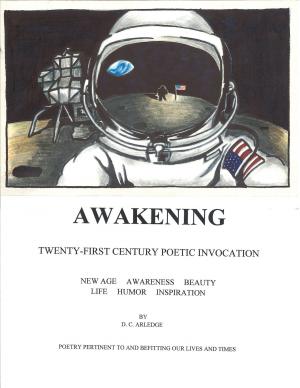The Dunsmore Dossier
The Death of Dr. David Dunsmore and the Fabricated Case for War
Mystery & Suspense, Espionage, Fiction & Literature, Thrillers| Author: | Norman Gerard | ISBN: | 9781618425034 |
| Publisher: | BookBaby | Publication: | October 10, 2009 |
| Imprint: | Language: | English |
| Author: | Norman Gerard |
| ISBN: | 9781618425034 |
| Publisher: | BookBaby |
| Publication: | October 10, 2009 |
| Imprint: | |
| Language: | English |
Dr. David Dunsmore was relieved from his post as U.N. Weapon’s Inspector in Iraq and reassigned to the MoDs biological warfare facility. Dr. Dunsmore was the primary source of the government’s dossier on Iraq’s WMDs. That dossier was what the Americans needed to justify invading Iraq. The intelligence and the facts were being fixed around the policy. President Bush said, "The British government has learned that Saddam Hussein recently sought significant quantities of uranium from Africa." Dunsmore was accused of “sexing up” the report and leaking that classified information to the press–-charges he vehemently denied. "We’re at the brink of war, and I have betrayed my friends," he said. "Do you know how they deal with people who betray them? I will probably be found dead in the woods if the Americans invade Iraq." After Saddam’s defeat no WMDs were found, and the government was pressured to explain its deception. The blame was defrayed to Dunsmore, and he was ordered to reveal the names of those he had disclosed classified information to. The night before he was to testify he was found dead in the woods near his home, as he had predicted. The Prime Minister concluded that Dr. Dunsmore’s "suicide was regrettable." The unanswered question remained: Who were the "friends" Dr. Dunsmore believed he had betrayed?
Dr. David Dunsmore was relieved from his post as U.N. Weapon’s Inspector in Iraq and reassigned to the MoDs biological warfare facility. Dr. Dunsmore was the primary source of the government’s dossier on Iraq’s WMDs. That dossier was what the Americans needed to justify invading Iraq. The intelligence and the facts were being fixed around the policy. President Bush said, "The British government has learned that Saddam Hussein recently sought significant quantities of uranium from Africa." Dunsmore was accused of “sexing up” the report and leaking that classified information to the press–-charges he vehemently denied. "We’re at the brink of war, and I have betrayed my friends," he said. "Do you know how they deal with people who betray them? I will probably be found dead in the woods if the Americans invade Iraq." After Saddam’s defeat no WMDs were found, and the government was pressured to explain its deception. The blame was defrayed to Dunsmore, and he was ordered to reveal the names of those he had disclosed classified information to. The night before he was to testify he was found dead in the woods near his home, as he had predicted. The Prime Minister concluded that Dr. Dunsmore’s "suicide was regrettable." The unanswered question remained: Who were the "friends" Dr. Dunsmore believed he had betrayed?















